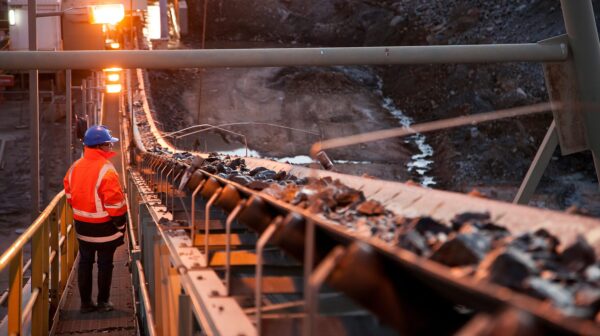Flow-through shares provide tax incentives for investors to invest in the equity of “principal business corporations”. A “principal business corporation” for the purposes of the Income Tax Act (Canada) (the “ITA”) includes a corporation of which the principal business is (i) the exploring or drilling for petroleum or natural gases, or (ii) the mining or exploring for minerals (an “Exploration Company”).
Very generally, a “flow-through share” is a common share issued by an Exploration Company under an agreement between an investor and the Exploration Company pursuant to which the Exploration Company agrees to incur “Canadian exploration expenses” (“CEE”) or “Canadian development expenses” (“CDE”) in an amount equal to the subscription price for the share and to renounce CEE or CDE in an amount not exceeding the subscription price to the investor. The investor may then, for income tax purposes, deduct from income the renounced CEE or CDE as if the investor had incurred the expenses directly.
Simplified, the definition of CEE generally includes expenses incurred by an Exploration Company during the exploratory phases for petroleum, natural gas or mineral resources. 100% of CEE renounced to an investor in a year may be deducted from income by the investor for the year.
Under the “look-back” rule, certain CEE incurred in the year following the year in which the “flow-through” share subscription agreement is entered into may be renounced to the investor effective the first year, provided it is incurred by the end of the second year. As a result, 100% of CEE incurred in the first and second year under a subscription agreement may be deducted in the first year by the subscriber/investor.
In addition, CEE relating to certain “grassroots” mining exploration expenditures (“flow-through mining expenditures”) incurred to determine the existence, location, extent or quality of a mineral resource in Canada may qualify for an additional 15% federal tax credit (the “Mineral Exploration Tax Credit”) for investors who are individuals. The Mineral Exploration Tax Credit is normally extended annually by the Minister of Finance (Canada) but has recently been extended to expenses incurred before 2025. Certain provinces, including Ontario, British Columbia, Saskatchewan and Manitoba, offer additional tax credits for similar expenditures incurred in those provinces.
Individuals subject to tax in Quebec may be entitled, in addition to the deduction of 100% of CEE in the same manner as under the ITA, to two additional deductions of 10% each of CEE incurred on a resource property located in the Province of Québec.
Concerning CDE, it generally includes certain costs of acquiring and preserving rights to a “Canadian resource property” having known mineral reserves, expenses incurred to bring a mineral into production in reasonable commercial quantities and post-production expenses incurred in sinking, excavating or extending a mine shaft, main haulage way or similar underground work. CDE is generally deductible at a rate of 30% per year. However, the Minister of Finance announced measures in 2018 to accelerate the deduction of certain CDE incurred after November 20, 2018 by an additional 15% to 45% per year. The accelerated deduction will be phased out starting in 2023 and will be eliminated by 2028.


